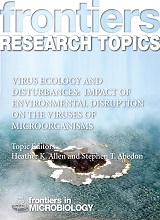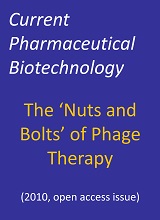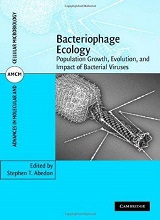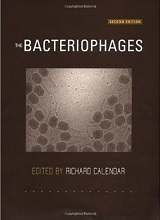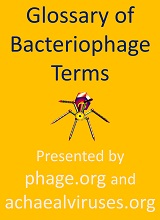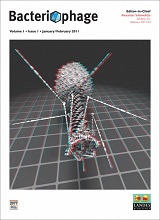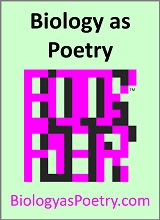
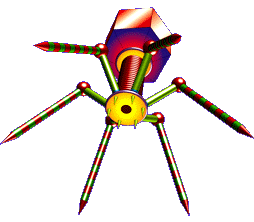
Refers to the general coupling of oxidation and reduction chemical reactions.
Also described more formally as oxdidation-reduction reactions or, simply, redox reactions. Note that what is going on in these reactions basically is that something is donating one or more elections to something else.
Perhaps not surprisingly, it is the electron donor that donates one or more electrons and it is the electron acceptor that accepts those one or more electrons. Less intuitive, the electron donor becomes oxidized in the process (i.e., loses one or more electrons) whereas it is the electron acceptor that becomes reduced (i.e., gains one or more electrons).
Perhaps least intuitive of all, the electron donor can be described as a reducing agent whereas the electron acceptor represents an oxidizing agent. Redox reactions thus can be described in terms of the interactions between oxidizing agents and reducing agents as well as, respectively, the interactions between electron acceptors and electron donors.
A large number of chemical reactions can be described in terms of oxidation and reduction since chemical reactions fundamentally involve changes in the context of electrons within molecules. In particular, simply the movement of electrons towards or away from individual atoms can be described in terms of reduction and oxidation, respectively. Thus, in going from methane to methanol, two electrons that formerly were closer to the carbon atom instead are drawn farther away due to the high electronegativity of oxygen. See what it means to be "organic" for additional discussion.
For more on this topic, see Wikipedia and Google. Contact web master. Return to home.
